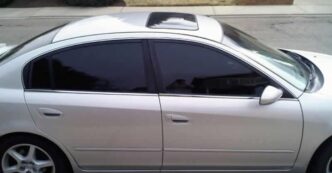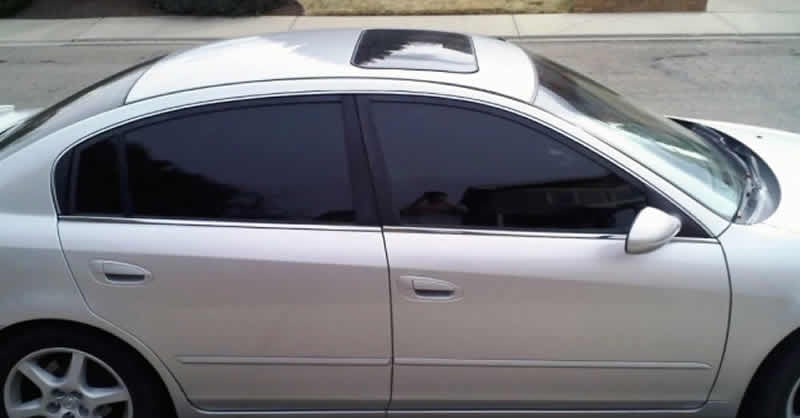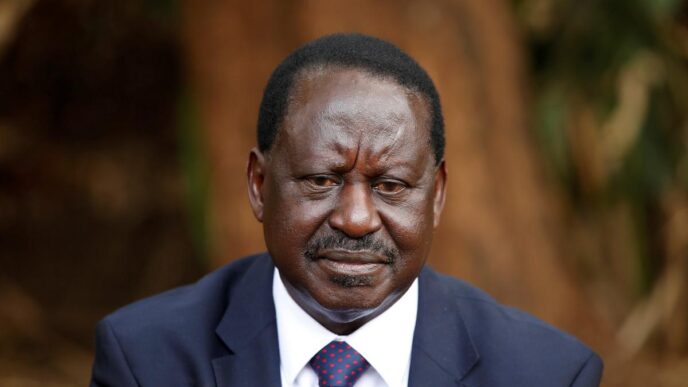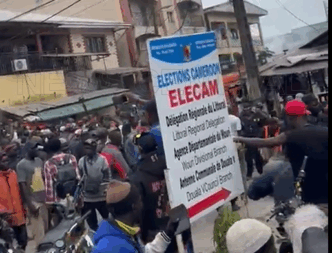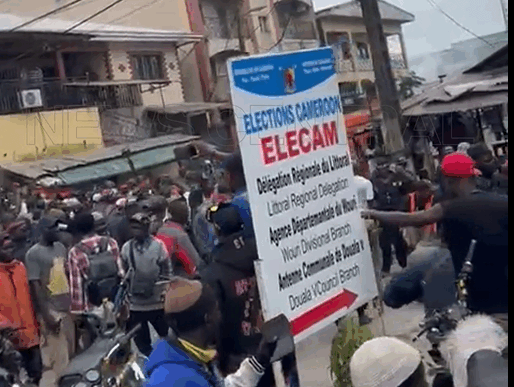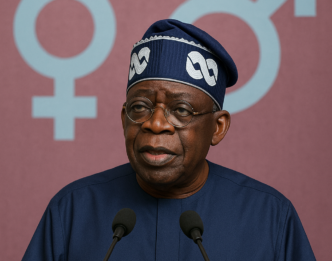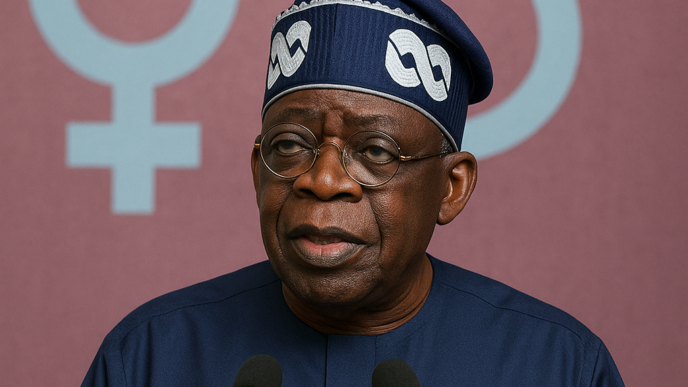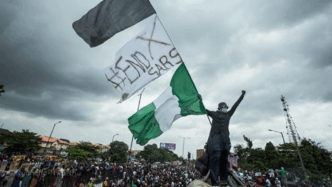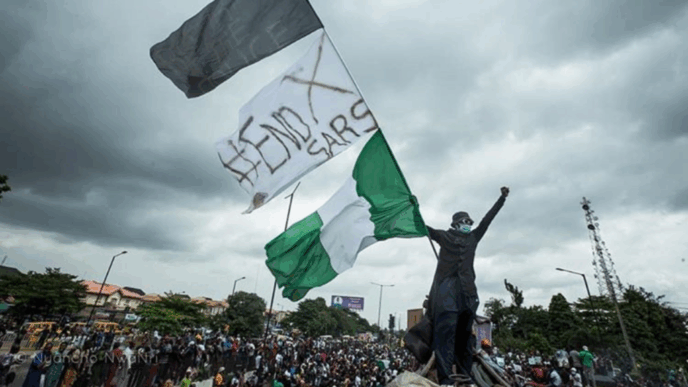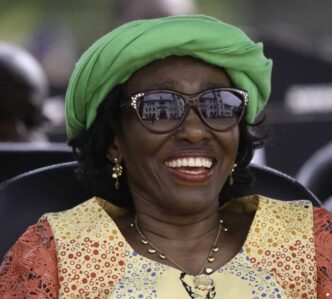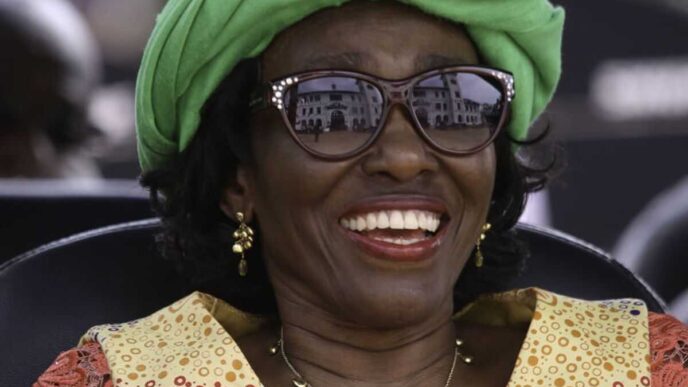The controversy over Nigeria’s tinted-glass permits is more than a fight about car windows. It is a test of how far the police can stretch an old decree in a modern democracy and whether the courts will finally draw the line.
By any measure, Nigeria’s new tinted-glass permit policy has struck a nerve. Since the Nigeria Police Force (NPF) announced its revival of the permit system in April 2025, motorists have grumbled under the weight of new rules, civil society has sounded alarms, and the Nigerian Bar Association (NBA) has taken the matter to the High Court.
On paper, the police can make a case. They rely on the Motor Vehicles (Prohibition of Tinted Glass) Decree No. 6 of 1991, which begins with an outright ban on tinting, declaring that no person shall cause any vehicle glass to be darkened or treated in a manner that renders persons or objects inside obscure or invisible. It also mandated that buyers, donees or importers of vehicles with tinted glass must change the glass within 14 days of purchase or import if they did not have a permit.
It then creates an exception, empowering the Inspector-General of Police to grant permission upon application for what he deems a “good cause,” which could mean for health or security reasons. The Decree explicitly defines the IGP as the “appropriate authority” to grant that permission and establishes criminal liability for driving with tinted glass without such consent, punishable by a fine or imprisonment.
That decree was written in the shadow of military rule. It was conceived for a time when Nigerians had little say in lawmaking and even less recourse against arbitrary state power. It was not designed for a democracy that claims to prize accountability and due process.
Yes, the 1999 Constitution preserved it under its “savings clause,” but preservation does not mean perfection. Laws saved from extinction must still pass the test of constitutionalism.
The NBA’s lawsuit is, in many ways, a referendum on that test. It does not deny the IGP’s authority to grant exemptions. What it challenges is the way that authority has been stretched into an annual licensing regime, complete with online applications, renewal cycles and fees. None of this is found in the 1991 Decree.
When one considers that the proceeds are being deposited into a private account (Parkway Projects) rather than the Federation Account or the Treasury Single Account, it can be concluded that the police are attempting to legislate by administrative fiat. In a constitutional democracy, such action is dangerous ground.
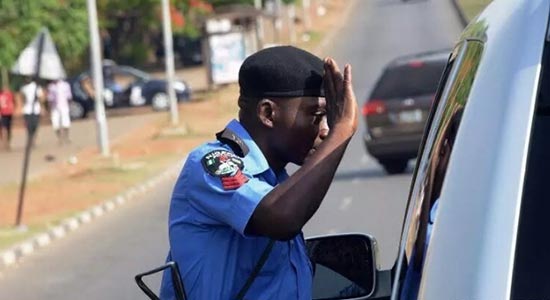
The civil-liberties dimension is equally troubling. Enforcement has already spawned the usual Nigerian theatre of checkpoints, harassment, and arbitrary impoundments. Motorists are treated less as citizens and more as suspects until proven innocent. The NBA rightly points out that this undermines fundamental rights to dignity and freedom of movement.
The police, of course, have a compelling argument of their own: security. In a country where kidnappers, terrorists, and armed robbers use tinted vehicles to conceal weapons and identities, visibility is not a trivial matter.
The instinct to tighten control is understandable, but security cannot be pursued at the expense of legality. A state that takes shortcuts with the law in the name of protection eventually corrodes the very legitimacy it needs to enforce that law.
What this controversy exposes is a deeper structural failure. Nigeria is attempting to address 21st-century security challenges with a 20th-century military decree.
The current row is the latest chapter in a long history of struggles over the regulation of tinted glass, which, with all sense of responsibility, the National Assembly should have repealed or modernised the law long ago, clarifying exactly what permits require, how fees (if any) should be set, and how citizens’ rights can be safeguarded against abuse. Instead, lawmakers have left the police to operate in a grey zone, balancing between security imperatives and outdated statutes, while Nigerians pay the price in confusion and arbitrary enforcement.
The High Court now carries the burden of deciding whether the police have crossed the line. Its ruling could either entrench the IGP’s broad discretionary powers or force a reckoning that compels legislative clarity. Either way, the judiciary’s intervention is overdue.
Until then, motorists are left in limbo: they must either comply with and pay fees for a permit of dubious constitutional standing or risk harassment and impoundment while waiting for judicial relief. This is no way to govern.
Nigeria deserves better than rule by decree in 2025. The law must evolve with the Constitution, not in spite of it. If the police want tinted permits, let the National Assembly debate, draft, and pass the law. That is the path of a democracy. Everything else is an echo of the past masquerading as law.


 Trending
Trending 
